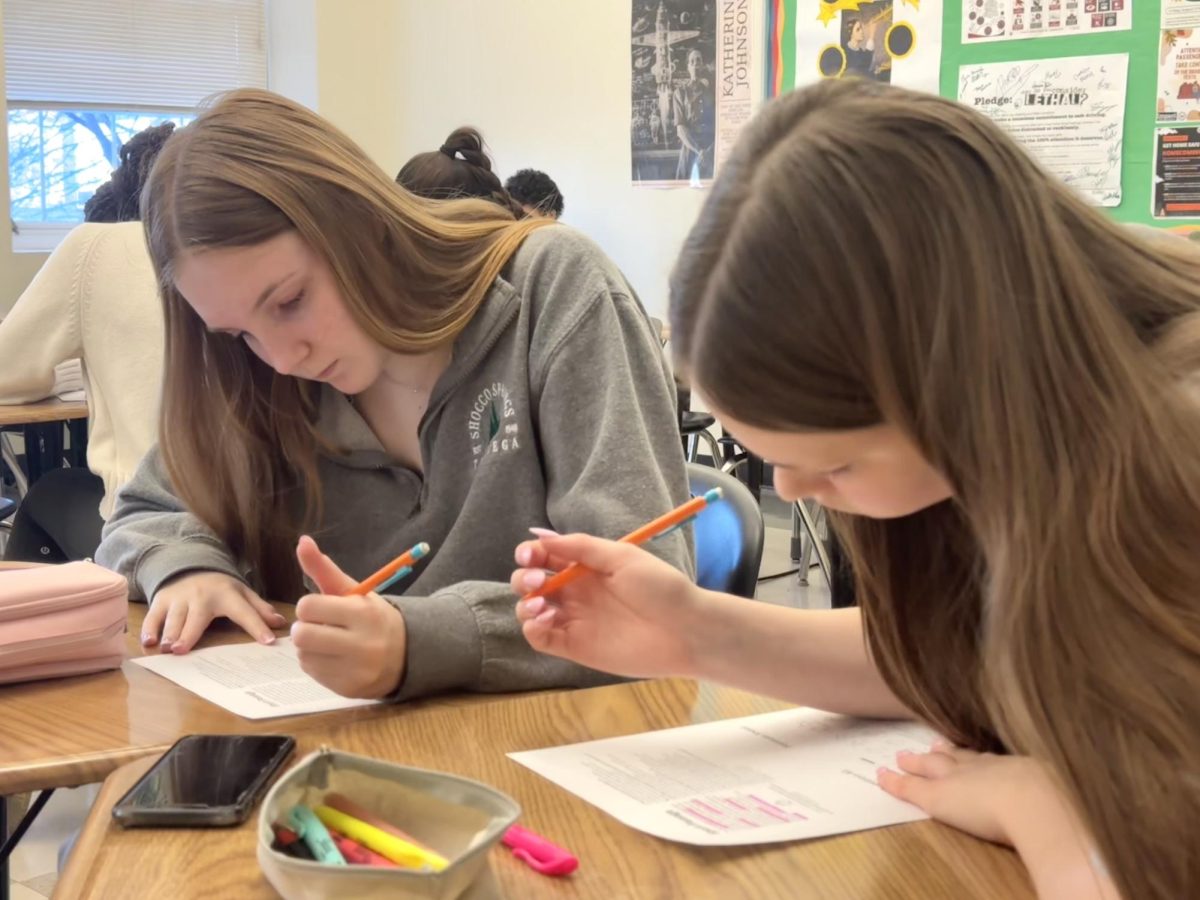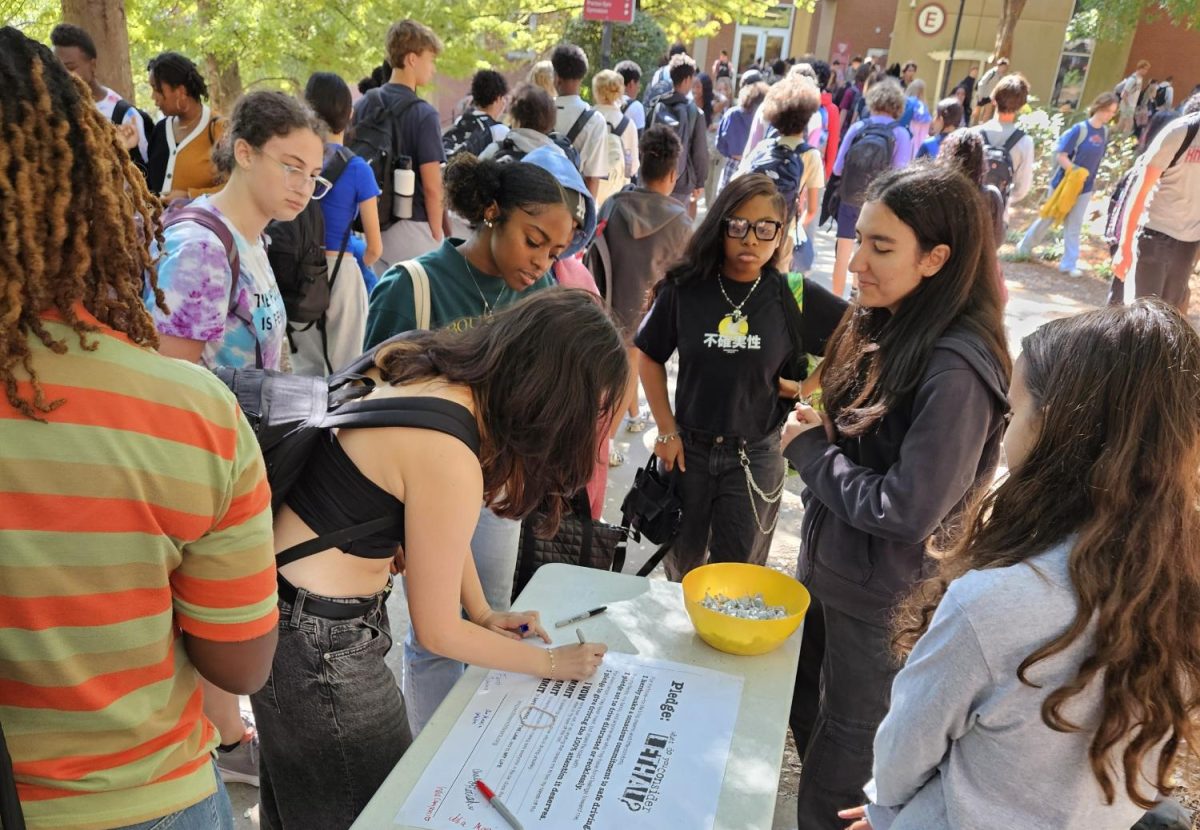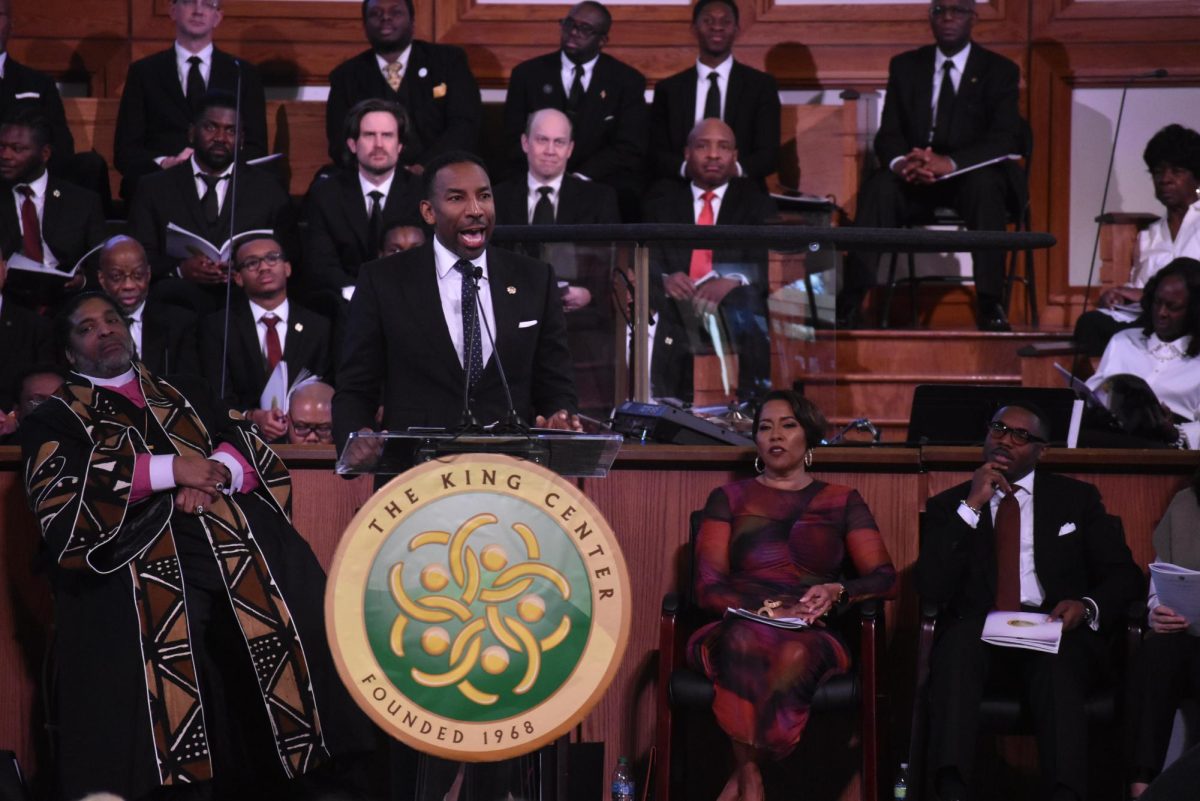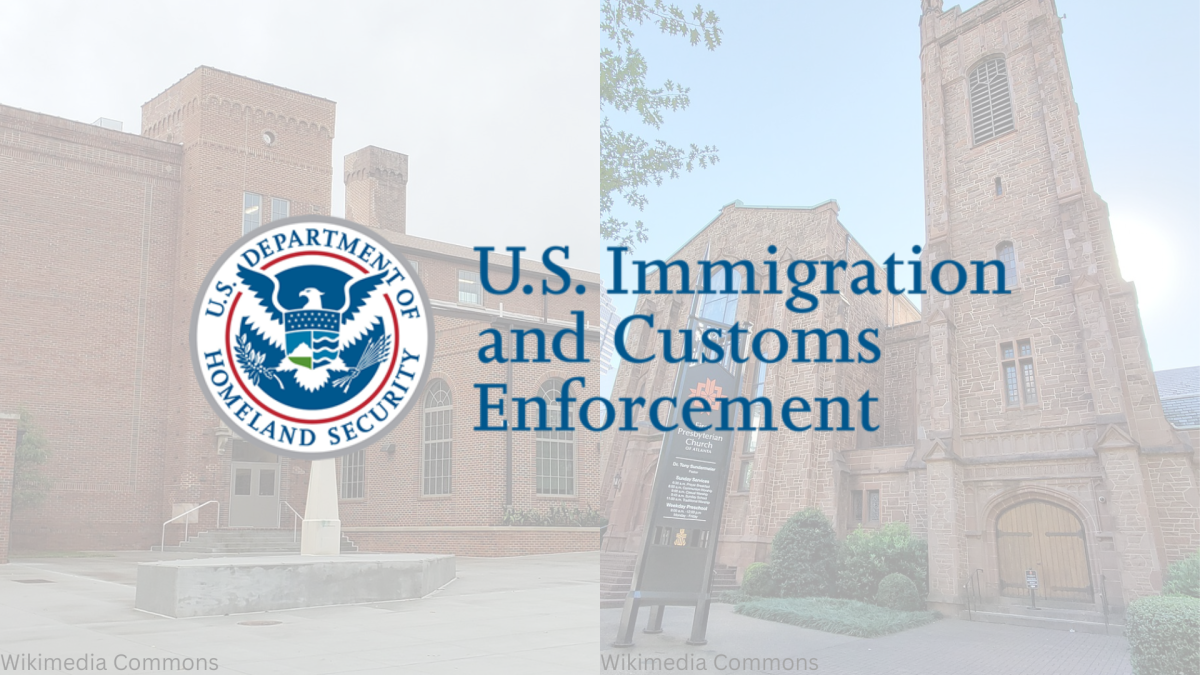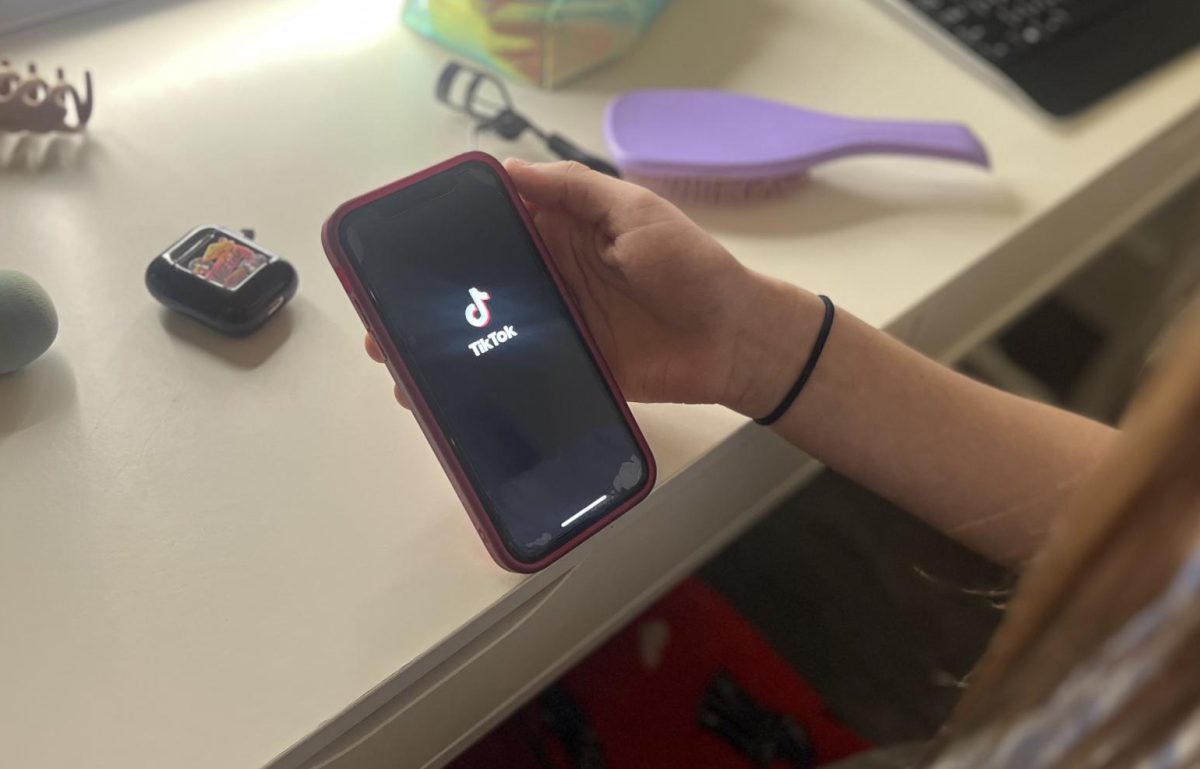The Intersection of Hip-Hop and Education
As the hip-hop movement surfaced in Atlanta, hip-hop took root in the city’s schools. Schools across Atlanta quickly became nodes for creativity and innovation, paving the way for hip-hop’s influence in Atlanta.
“Hip-hop’s core is about knowledge acquisition; hip-hop is obsessed with school,” Wilson said. “It categorizes itself around schools, it is an expressive tradition rooted in a generation learning about themselves. So, it comes on the scene interested in schooling and knowledge.”
Wilson, who grew up in Atlanta and graduated from Mays High School, said she thrived in an educational atmosphere that embraced hip-hop.
“I remember having teachers that integrated [hip-hop] into the classroom,” Wilson said. “It was not a research area; it was just teachers recognizing what their students were into and they decided to integrate that into the class. We had talent shows and so many different out-of-school activities that incubated our creativity during the time that hip-hop was developing.”
Chorus teacher Kevin Hill said he often adds elements of hip-hop to his curriculum so that his students can receive a comprehensive education grounded in their surroundings.
“I think every genre of music is important to education, and I think every student of music should be looking at all different genres of music,” Hill said. “Within the past 20 years Atlanta has felt like a hub for a lot of hip-hop, so to not talk about that in the city of Atlanta, is kind of missing the boat.”
According to Hill, hip-hop education is crucial to Atlanta schools because it provides students with a deeper connection to their community.
“It’s [Hip-hop is] definitely part of music education,” Hill said “I think it’s important to know the music of your community and the history. I think you have a better understanding of your community and a better appreciation of the people in your community if you know the music.”
Wilson said her generation grappled with unique challenges that enabled them to pioneer modern hip-hop by adapting to their surroundings.
“You’re dealing with the generation of black and brown kids who had the arts pulled out of the school system, but the creativity wasn’t pulled out,” Wilson said. “So, if I can’t learn how to play a saxophone at school, I’ll just sample it from my parents’ jazz albums. If I can’t get access to a drum set, I’ll just use these turntables and this mixer to sample these drums from James Brown music, for example. So, this is a culture and an aesthetic that’s rooted in innovation.”
For Wilson, this fusion of hip-hop and education has had a profound influence on her academic aspirations.
“I think it impacted decisions that many of us made as it relates to our careers,” Wilson said. “The school was this creative incubator for us and having it happen at the same time that hip hop was in his formative years was definitely something that created a space for us to actualize our talents and our gifts in a professional way.”
Suggs said the strong presence of hip-hop in Atlanta has not only influenced the local academic atmosphere, but also actively incorporates hip-hop into higher education.
“You’ve got professors at Georgia State, like Maurice Hopson, at Georgia Tech like Joycelyn Wilson, at Kennesaw State like Virginia Bradley, who are Ph.D. serious scholars, who’ve written books and lectured at Harvard and across the world, who specialize in hip-hop because hip-hop is such an important genre,” Suggs said.

